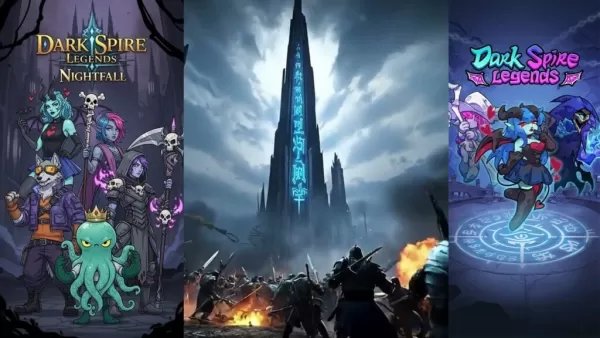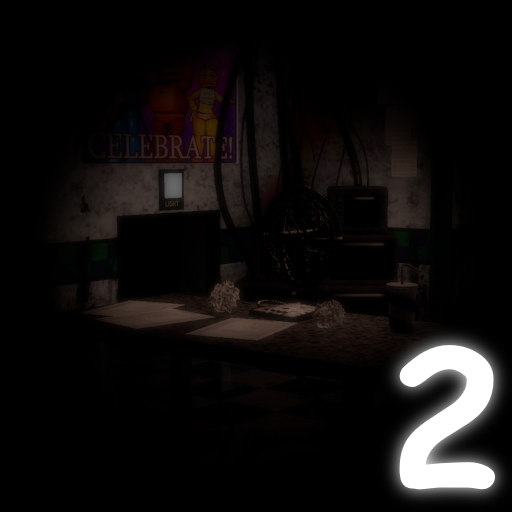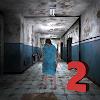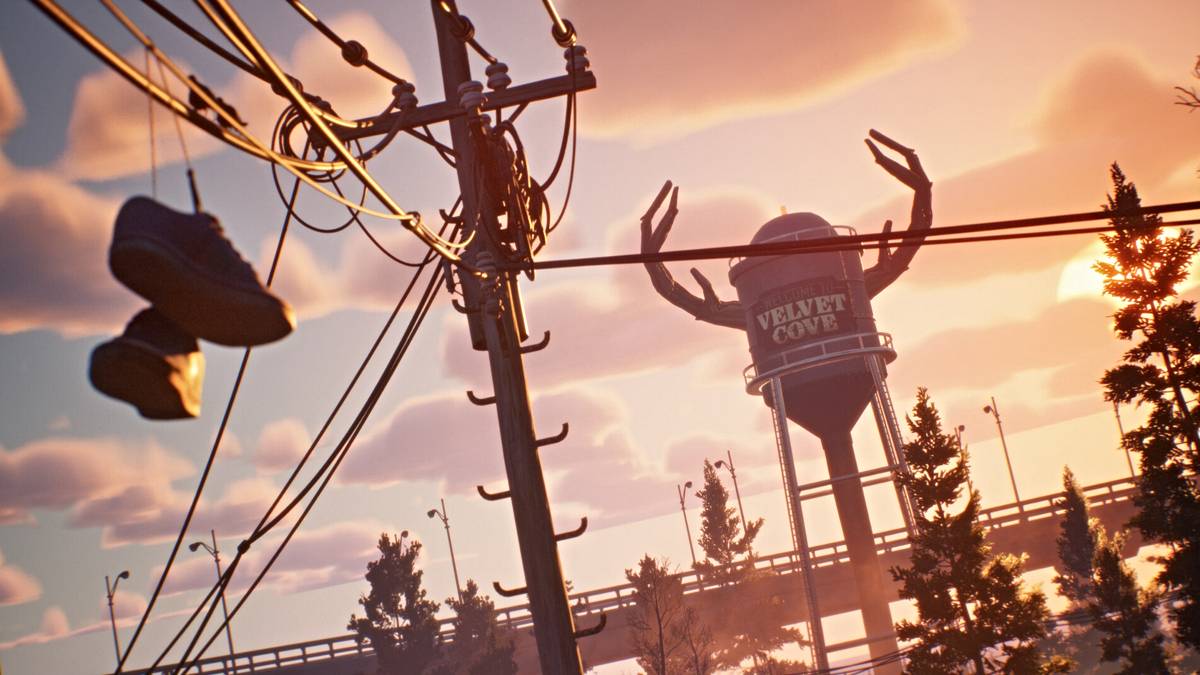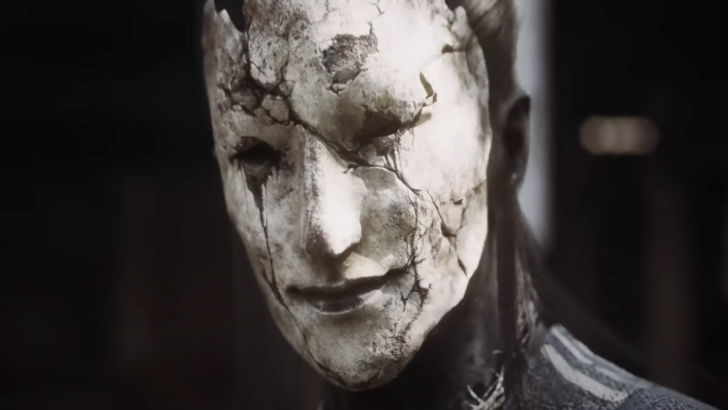By Azura, by Azura, by Azura – the rumors were true. Yesterday, Bethesda ignited the internet by finally unveiling Virtuos’ remaster of The Elder Scrolls IV: Oblivion. An ‘Elder Scrolls Direct’ event concluded with a surprise shadow-drop, catapulting the game into the hands of hundreds of thousands of players simultaneously. This global surge of excitement and celebration feels like a much-needed respite amid the recent challenges Bethesda Game Studios has faced. From the prolonged efforts to mend the rocky launch of Fallout 76, to the lukewarm reception of their new sci-fi venture, Starfield, the studio has left many fans wondering: Has Bethesda lost its magic touch? The RPG landscape is now more competitive, with acclaimed titles like Larian Studios’ Baldur’s Gate 3 and Obsidian’s The Outer Worlds series emerging as spiritual successors to Elder Scrolls and Fallout. While Elder Scrolls 6 and Fallout 5 are years away, this re-release of Oblivion could be a step forward – albeit in an unexpected direction.
At its peak, Bethesda Game Studios was synonymous with RPG excellence. In 2020, Microsoft’s leaked FTC documents revealed that Fallout 4 had sold 25 million copies. According to VGChartz, the game sold over 5 million units in its first week alone. In 2023, Todd Howard announced that Skyrim had surpassed 60 million sales, bolstered by its numerous re-releases. In contrast, Starfield, a year and a half after its launch, is estimated to have sold just over three million units. Despite the boost from Game Pass subscribers and the absence of a PlayStation version, these numbers likely represent a disappointment for Bethesda. Although Starfield does have a dedicated fanbase, it pales in comparison to the followings of The Elder Scrolls and Fallout franchises, with even its fans expressing dissatisfaction with the game’s first expansion, Shattered Space.
This scenario presents a significant challenge for the developer. With The Elder Scrolls 6 still "years away" and Fallout 5 merely a rumor, how can this once-iconic RPG developer recapture the hearts of its fanbase? The solution may lie in revisiting its past.
Rumors of the Elder Scrolls IV: Oblivion remaster surfaced in September 2023, when leaked Microsoft documents hinted at several unannounced Bethesda titles, including a remaster of the 2006 classic. All remained quiet until January 2025, when a former Virtuos employee leaked further details, sparking debates among Elder Scrolls fans about the rumors' credibility. Last week, the floodgates opened (somewhat prematurely), setting the internet ablaze – Google searches for ‘The Elder Scrolls IV: Oblivion’ surged by 713% in the last week, reaching over 6.4 million. At its peak, Bethesda’s reveal livestream attracted over half a million viewers. Despite the leaks, or perhaps because of them, over 600,000 tuned in to see a 19-year-old game reintroduced. The intense demand led to crashes on discount game key websites like CDKeys, while Fanatical and Green Man Gaming experienced slowdowns. As of yesterday, Steam reported 125,000 concurrent players, and the game topped the sales charts. The fervor for Oblivion among Bethesda fans burns as brightly as the flames from the Oblivion gates themselves.
How can Bethesda enchant its fanbase once more? The answer lies in its past. The message from players is clear: if you (re)build it, they will come. What better way to keep fans engaged during these lengthy development cycles than to invite them back to the mysterious lands of Morrowind or the desolate ruins of the East Coast? From a business perspective, it's a no-brainer. While Bethesda's main team focuses on new projects, trusted partners like Virtuos can leverage existing blueprints to deliver remasters in a shorter timeframe. These remasters have built-in audiences and serve as gateways for new generations to explore the rich lore of Tamriel or the post-apocalyptic landscapes of Las Vegas and D.C.
Bethesda has previously boosted its catalog effectively. During the first season of the Fallout TV show on Prime Video, Fallout 4 was discounted by up to 75%, complemented by a timely next-gen update that included homages to the show. As a result, Fallout 4's sales in Europe soared by over 7,500% despite the game being nearly a decade old.
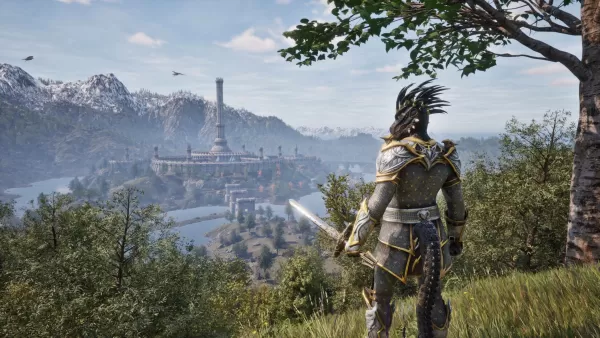 Oblivion Remastered offers a visit to the past that looks like the future. Image credit: Bethesda / Virtuos
Oblivion Remastered offers a visit to the past that looks like the future. Image credit: Bethesda / Virtuos
Looking back at Microsoft’s leaked Bethesda roadmap, many noted a planned Fallout 3 remaster slated to follow Oblivion two years later. Although the original timeline has shifted – Oblivion was initially set for fiscal year 2022 – if the original gaps remain consistent, a Fallout 3 remake might be expected in 2026, coinciding conveniently with the second season of the Fallout TV series. Given the first season's synergy with Fallout 4’s vibe and aesthetic, could Bethesda be planning an even more strategic move with a potential New Vegas remake to align with the upcoming New Vegas-focused second season? After shadow-dropping Oblivion, it's not far-fetched to imagine a New Vegas Remastered trailer waiting at the end of Fallout Season 2’s finale.
The message from players is clear: if you (re)build it, they will come. However, if there's one game in Bethesda’s back catalog that truly deserves a remake, it's The Elder Scrolls III: Morrowind. For years, Elder Scrolls fans have been vocal about their desire for a Morrowind remake, with some even taking matters into their own hands by recreating it using Skyrim’s tools, as seen with projects like Skyblivion. Yet, Morrowind poses a unique challenge for remaking. It stands at the crossroads of Bethesda’s evolution – it's fundamentally different from modern Elder Scrolls games. It's only partially voiced, most of the story is conveyed through text, there are no quest markers (players must manually note directions from NPCs), and combat physics are rudimentary. While Virtuos managed to enhance some of Oblivion's more outdated mechanics, Morrowind itself is an intricate system. This is part of its charm, but it also makes it a complex game to modernize. Remaking Morrowind is a delicate balancing act: modernize it too much, and you risk losing the original magic; retain too many old systems, and it might feel outdated.
When a studio is an icon of a gaming sub-genre, the challenge is to innovate while retaining the audience. Rockstar Games has kept Grand Theft Auto fans engaged for over a decade with the expansive multiplayer world of GTA Online, funding the rumored hefty budget for GTA 6. Bethesda’s forte lies in its detailed, expansive single-player worlds – Elder Scrolls Online and Fallout 76 don’t quite capture the same essence. However, the overwhelming response to Virtuos’ Oblivion remaster shows that gamers are eager to revisit the rich history of Elder Scrolls. Not every remaster guarantees success – as seen with Rockstar’s GTA Definitive Editions – but for Bethesda, reviving its classic RPGs could be the key to regaining its former glory in the modern RPG landscape.





